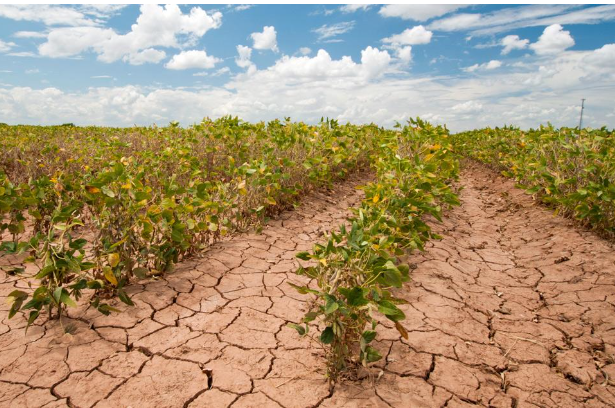Sub-Saharan African countries strongly rely on the agricultural and forestry sectors. Agriculture contributes up to 60% of some countries’ gross domestic product. But the sector is highly vulnerable to climate change because it relies heavily on climatic factors. This vulnerability is particularly marked in the region because of its slow rate of technological advancement.
As economists we carried out a review of the literature on the climate change challenge for agriculture in sub-Saharan Africa. We explored the distribution of various climatic factors (like rainfall, temperature and extreme weather events) across the region, and their impact on agriculture. We also investigated what rural farmers were doing to respond to climate change.
We found that the implications of climate change for agricultural and economic development are diverse across the region. It is difficult to predict exactly how climate change will affect agriculture and economic development.
But is is clear that sub-Saharan African countries like Nigeria, South Africa, Botswana, and Kenya are extremely vulnerable to climate change.




